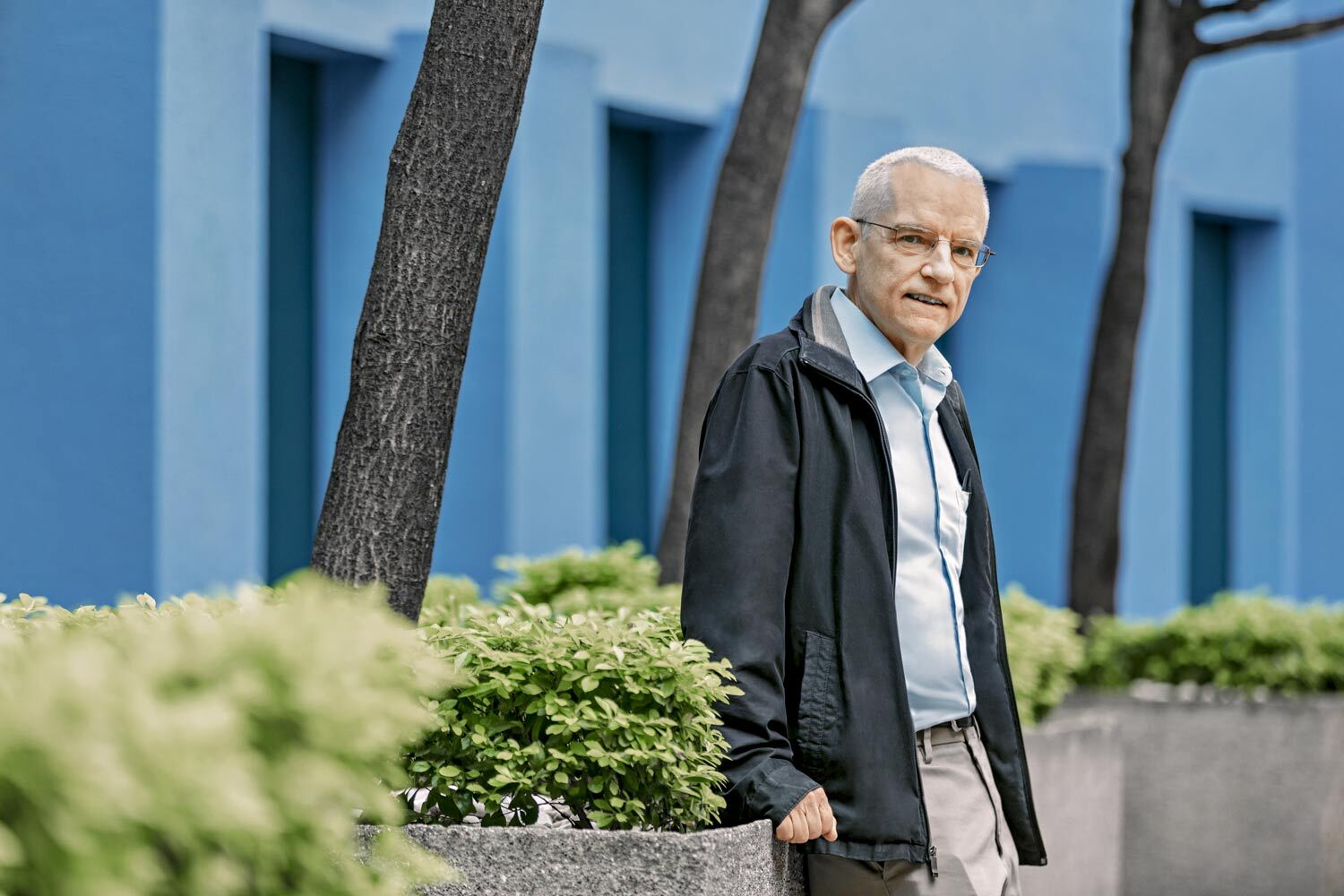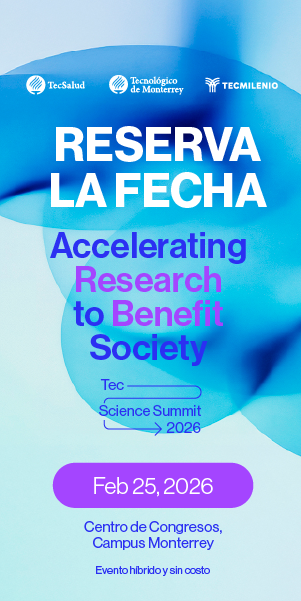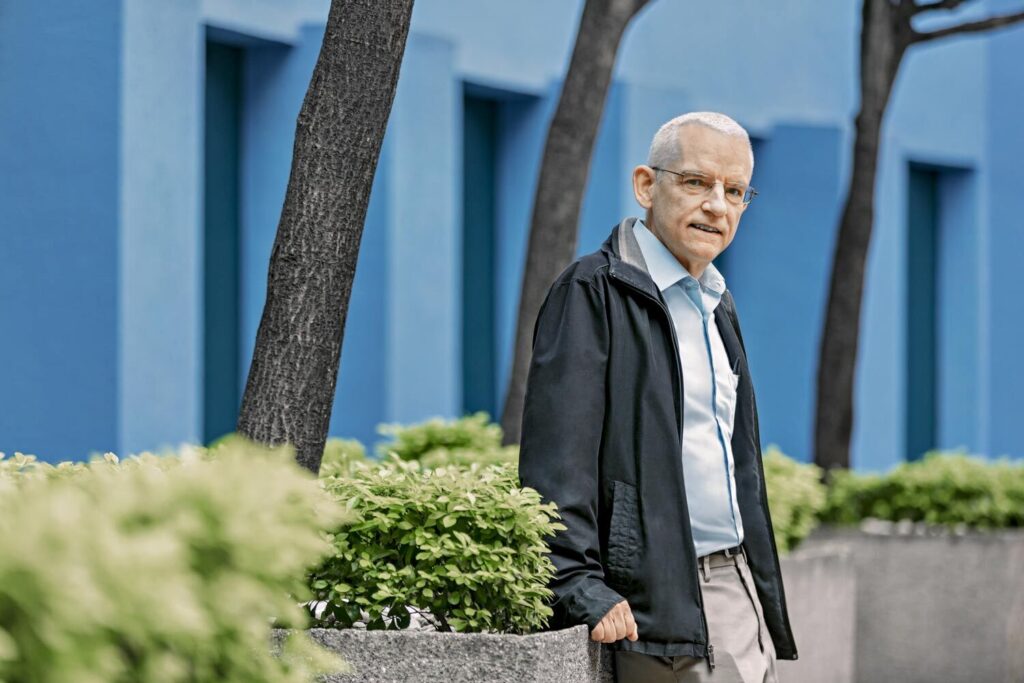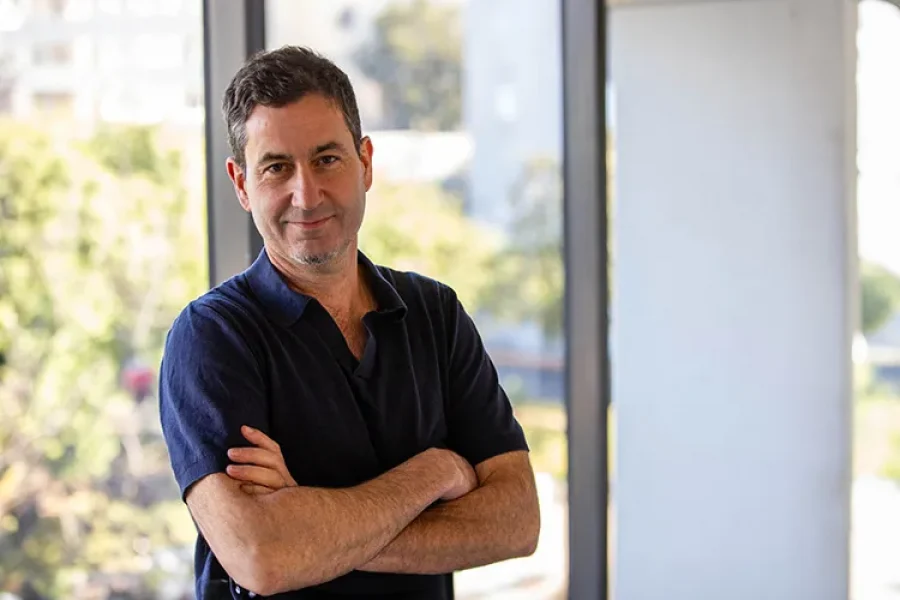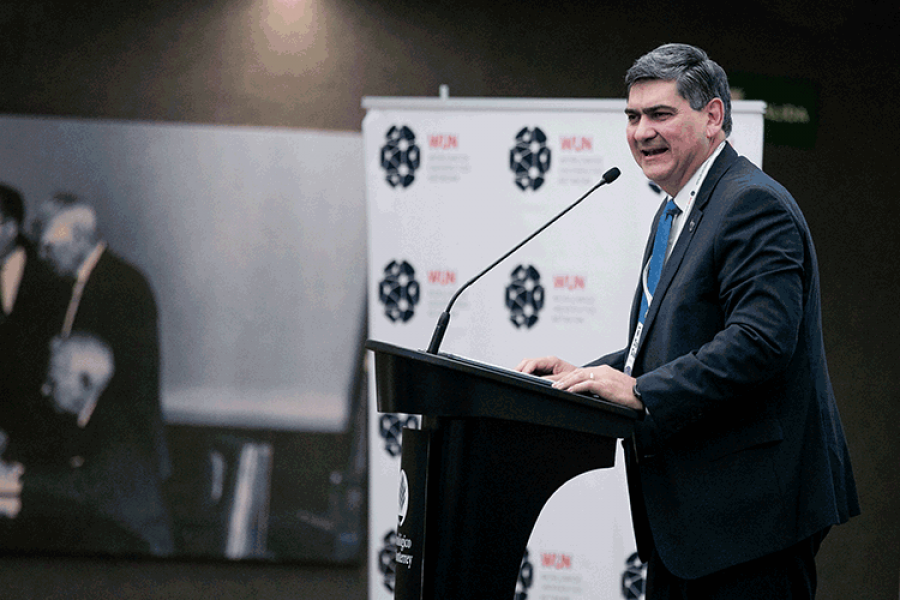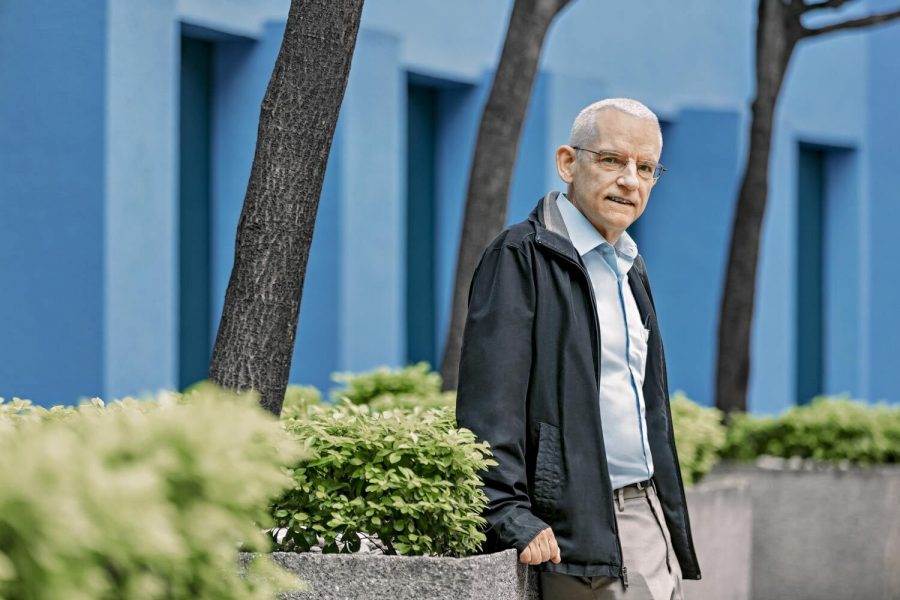Family-owned businesses generate over 70% of jobs and contribute more than 80% of Mexico’s Gross Domestic Product (GDP). What’s more, if you were to combine the world’s top 500 family enterprises, they would rank as the third-largest economy globally, explained María Fonseca, director of the Institute for Family Businesses in Mexico and Latin America (IFEM) at Tec de Monterrey’s Business School.
That’s why it’s so crucial to understand the role of business families and to explore topics such as legacy, their impact on the global economy, succession and generational transition processes, as well as governance and leadership models.
Business families are intergenerational family networks that grow and diversify well beyond their original business. They also tend to engage in broader activities tied to social causes, philanthropy, and education.
“A business family is an organization that evolves over time: it may begin as a nuclear family, but it eventually becomes a family of families,” she said. “These families are behind the organizations that create the largest number of jobs and contribute significantly to the GDP.”
As part of its research efforts—and to foster connection and knowledge-sharing around these organizations—IFEM, in partnership with The STEP Project Global Consortium (SPGC), an international network focused on transgenerational family enterprise research, is hosting the Global Family Business Summit 2025 at the Expedition FEMSA building in the Monterrey Innovation District, alongside the Tec’s EGADE Business School.
The event brings together more than 120 participants, including family business leaders, academics, and consultants from over 30 countries. They gather to share insights, exchange strategies, and build high-level collaborative networks centered on the future of business families.
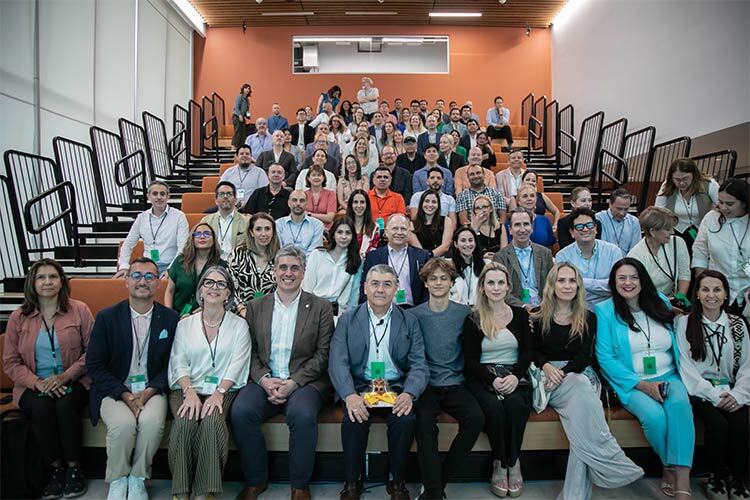
Research Focused on Business Families
Research on business families can be conducted through both quantitative methods—such as surveys and macroeconomic data—and qualitative approaches that analyze family dynamics.
These studies generate academic knowledge that can be translated into practical tools for families. Some areas of focus include generational succession, retirement planning, institutionalization, and intergenerational impact.
Such research helps families navigate their biggest challenges, Fonseca explained. “The greatest hurdle isn’t just succession within these organizations—it’s attracting and engaging new generations so they’ll carry the legacy forward.” She added that transitions rarely happen in a single moment; rather, they unfold over several years—at least five—and demand careful planning and coordination.
In that spirit, IFEM has developed a working model centered on education, consulting, and research, built around four key areas of expertise:
- Governance and leadership
- Family entrepreneurship
- Intergenerational communication
- Legacy—both tangible and intangible—also known as family wealth or heritage
Flexibility and Diversification: The Future of Business Families
In collaboration with scholars, business family leaders, and partners like SPGC, the institute aims to build a learning community focused on understanding how these organizations evolve—ensuring their continuity and social impact over time.
“It’s incredibly important for us to help families develop the capabilities they need to achieve their medium- and long-term goals,” the director added.
These collaborations have led to both global and local publications and reports, covering generational perspectives, governance and succession studies on family businesses in Mexico, and analyses of how business families responded to the COVID-19 pandemic.
One of the key findings is that, moving forward, business families will adopt more flexible and diversified structures to create value—meaning their activities won’t revolve solely around the original company.
Transitions will no longer follow a linear path. Some family members may step away and later return in different roles. Meanwhile, family offices are emerging to manage wealth, investments, and the personal and professional development of the next generation.

Global Family Business Summit: The FEMSA Case
As part of the Global Family Business Summit 2025, José Antonio Fernández, Executive Chairman and CEO of FEMSA, delivered the keynote address titled Evolving Families, Trusting Generations and Transformative Businesses.
During his talk, he walked the audience through the company’s history, highlighting the role of its leaders—since its founding—and the families that have helped shape its legacy. He discussed the challenges they’ve faced in decision-making, the company’s expansion both within and beyond Mexico, and its ongoing transformation and diversification through the creation of new businesses, products, and services such as Coca-Cola FEMSA, OXXO (retail), and Spin, a digital fintech ecosystem.
Fernández also shared with attendees three key strategies that the board has followed to ensure sustained success—strategies that have played a pivotal role in FEMSA’s continuity and long-term growth.
Long-Term Vision
Mexican businessman and philanthropist José Antonio Fernández emphasized that an ownership mindset and long-term vision have enabled FEMSA to maintain control of its equity structure. He also outlined four key pillars for creating long-term value: vision, collaboration, social impact, and culture.
A vision, he explained, must be bold and sustained over time—with discipline, patience, and purpose. For example, one of their goals has been to double the company’s value every five years. Collaboration should not only occur between different areas of the business but also through talent exchange—rotating executives across divisions to promote a more holistic perspective.
As for social impact, he stated that today it is not optional. It requires operating with environmental responsibility, supporting communities, and addressing external threats. When discussing organizational culture, he recalled the enduring values of Eugenio Garza Sada, which continue to guide the company today.
Understanding the Context
Fernández spoke about the importance of contextual awareness as a vital skill for long-term leadership and strategic decision-making. It enables leaders to act responsibly and sustainably in an ever-changing environment and to anticipate a wide range of risks.
He noted that external pressures or market trends can sometimes lead to impulsive decisions. However, the key lies in understanding the context before taking action. He also emphasized the need for a forward-looking, global mindset—one that allows businesses to adapt in time to demographic, environmental, and geopolitical trends, such as those related to water and energy, which can significantly impact operations.
Continuity and Clear Governance
Fernández stated that governance is the most critical foundation for the sustainable growth of any business. Order, institutional structure, and transparency are essential to ensure the long-term success of a family-owned company.
Strong corporate governance can be achieved through practices that promote solid frameworks—such as formal committees, documented minutes, and collective decision-making. In addition, long-term continuity can be fostered through intentional planning: by developing and evaluating talent within the organization using a system of monitoring, feedback, and growth.
Were you interested in this story? Would you like to publish it? Contact our content editor to learn more: marianaleonm@tec.mx




